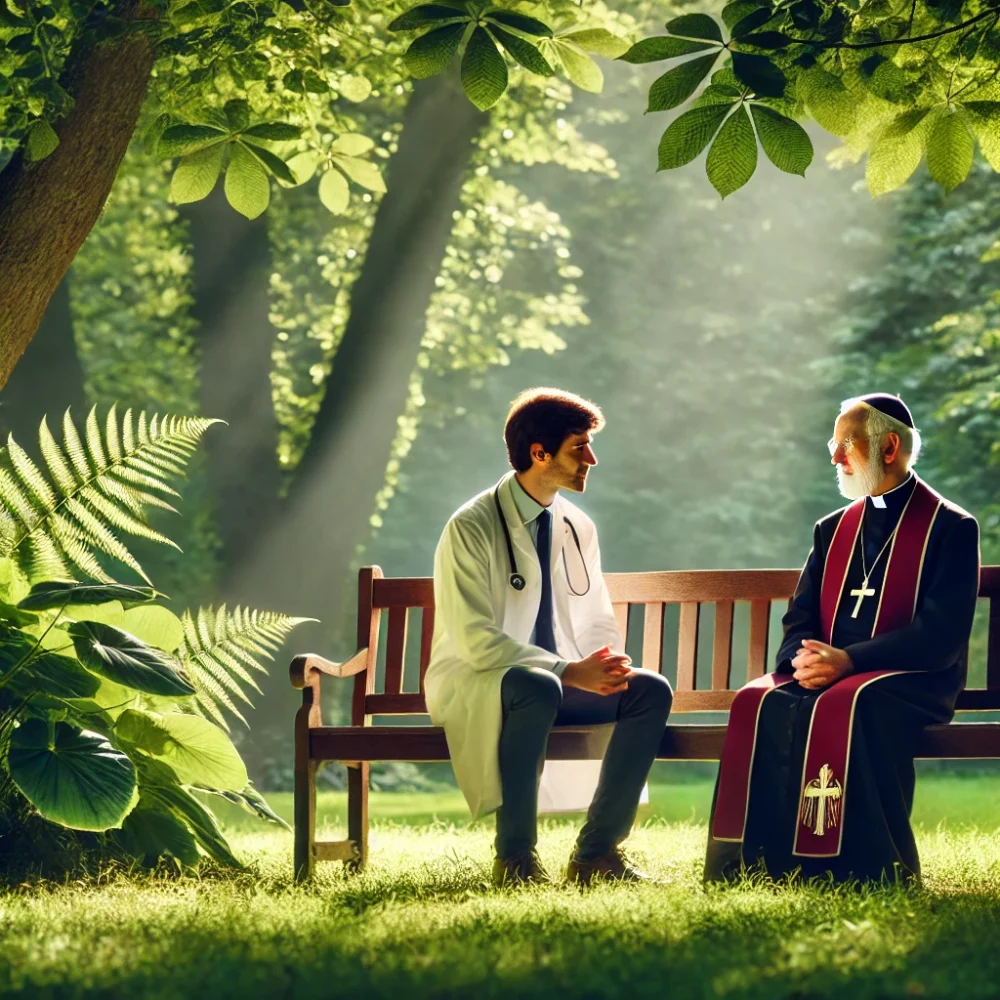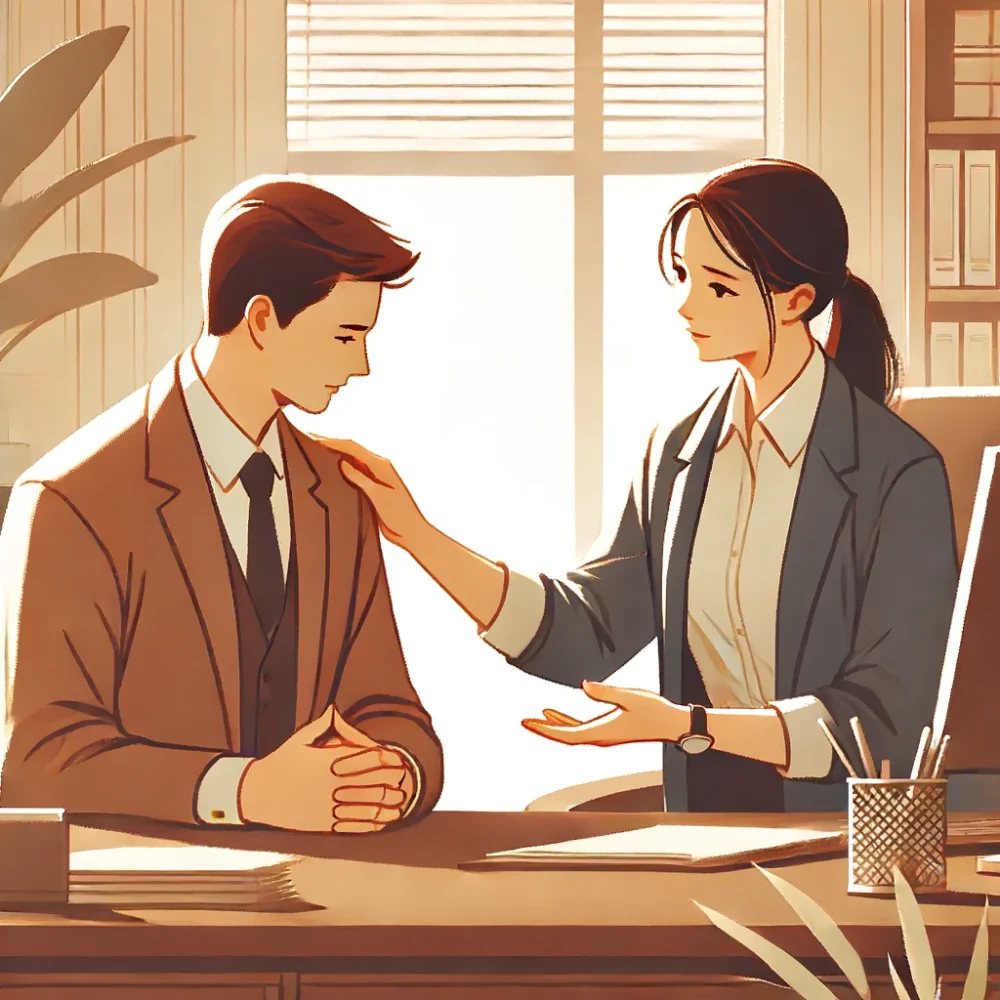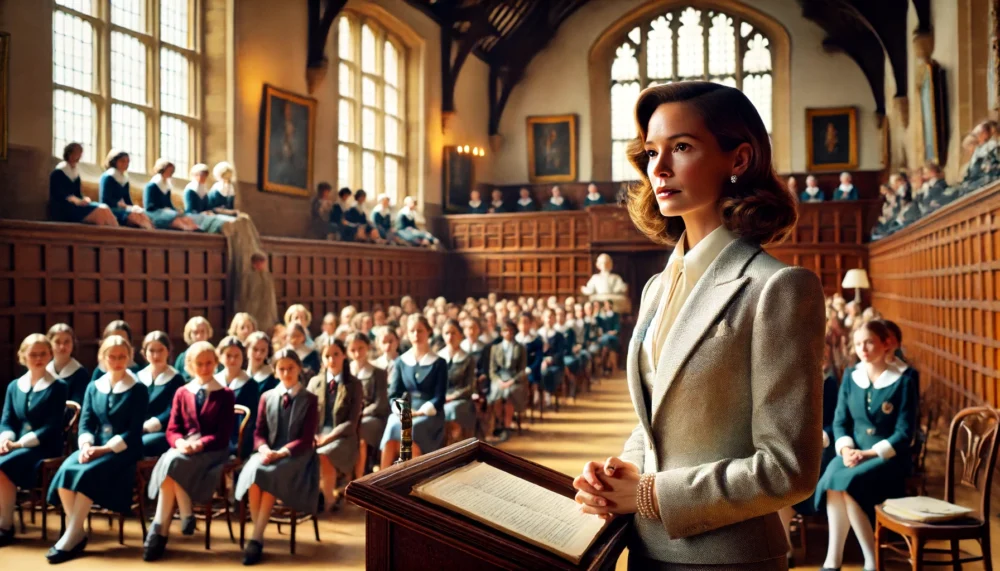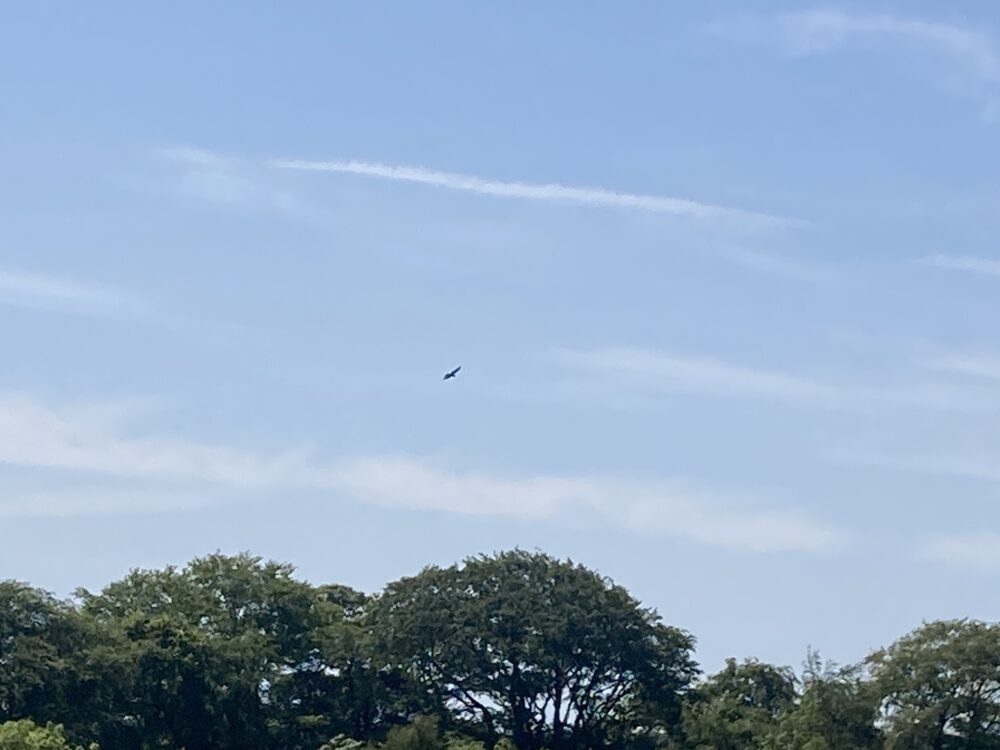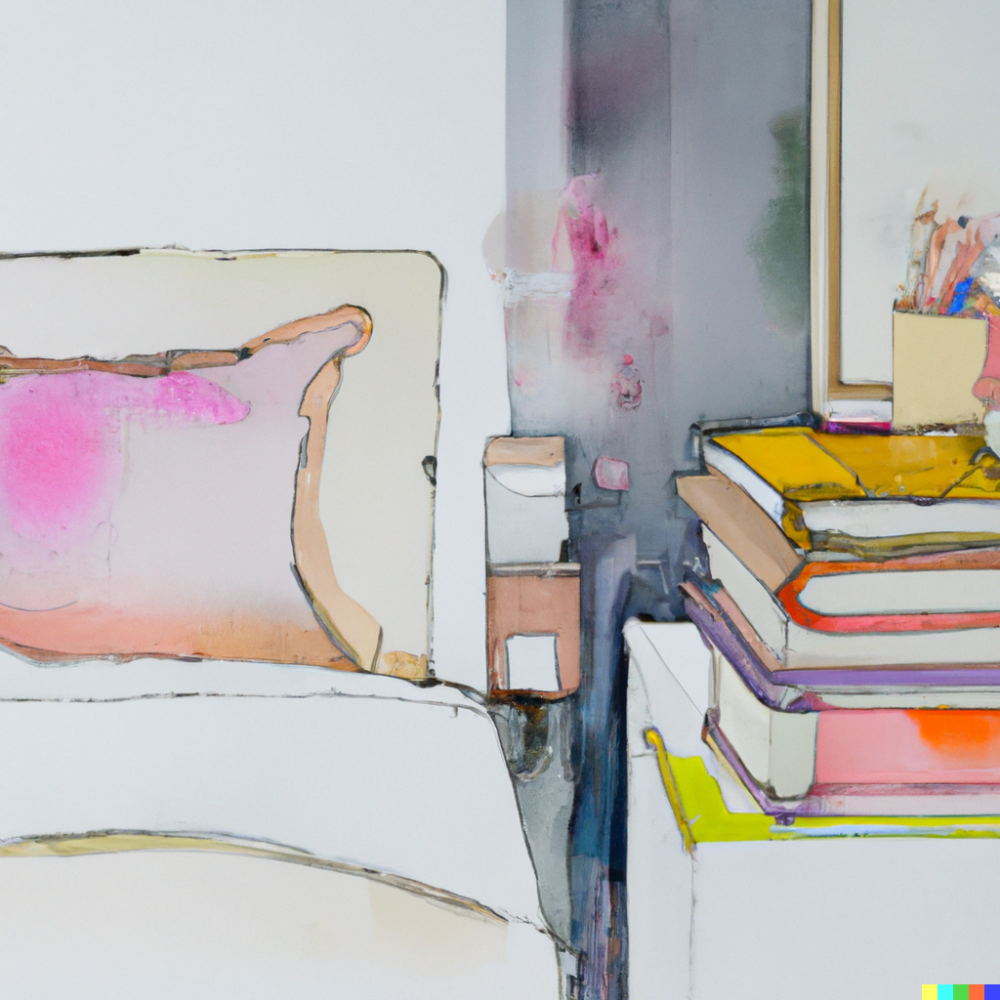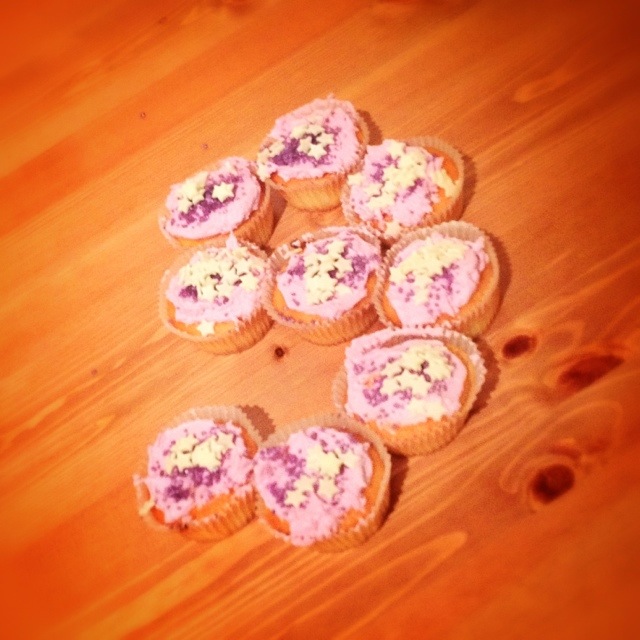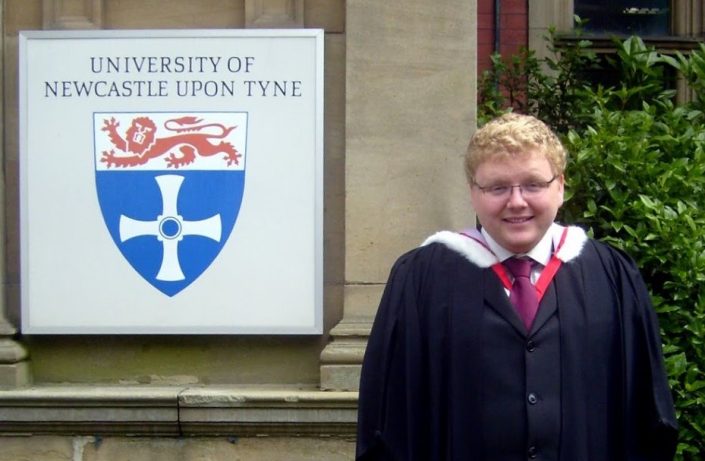
Ten years ago today (eleven by the time this is published), I learned that I had passed my medical school finals and became a doctor. It doesn’t feel like it was a decade ago.
At work, I recently happened to have a meeting with someone I worked with as an F1 doctor but haven’t seen since. It felt like we worked together a month ago rather than a decade. I still occasionally say “hi” in the street to the porter who used to comment on my “Bird’s Custard” colour tie as an F1. And yes, somehow my F1 year was long enough ago that ties weren’t yet banned in hospitals.
I think the Simon of ten years ago would be amazed to find that I’m now working in public health. I didn’t enjoy the occasional public health bits at medical school, and I wasn’t even really aware that it was it’s own specialty until I came to pick a career path. Public health always struck me as worthy, dull, and far removed from anything that actually had any measurable impact on patients.
It was only after a serendipitous run of F1 hospital rotations that I started to see the point. My first job was in upper gastrointestinal surgery, a subspecialty involving seriously brutal surgical interventions to treat cancers with very poor prognoses. My second job was in stroke medicine. My third was in gastrointestinal medicine, a speciality in which a large proportion of the patients had end-stage liver disease as a result of alcoholism.
I think it’s impossible to go through that sequence and not feel slightly despairing: hospital medicine comes too late for most of these patients. Their lives very often cannot be pieced back together: as one particularly insensitive consultant used to regularly say, for those patients “the party’s over”.
The most effective treatment for these patients would be to rewind time and tackle their problems before they were ill. This initially pushed me towards General Practice, until I realised (late) that this was the point of Public Health. My realisation of this came so late that I didn’t really know what public health doctors did all day, but stuck in an application to the specialty anyway… as well as general practice.
After long essay-style application forms, written exams and half-day intensive interviews known as “selection centres”, it somehow came to pass that I was offered places on both the GP and public health training schemes. I had 48 hours to decide between a familiar career path and one which sounded fascinating but that I barely understood. In truth, I hedged: I went with public health because general practice always under-recruits, and I was pretty confident that a re-application to GP would be successful in 12 month’s time if public health turned out to be awful.
I was also put off by the obsession with portfolios in General Practice. My experience of clinical portfolios was that doctors were judged too much on their ability to write and present evidence rather than on their practice of medicine. I was, even if I say so myself, great at presenting portfolios of glowing assessments as a Foundation Doctor, but this felt a bit flat. It seemed to me that people in public health were known by results and reputation, and I liked that idea. I’m not so sure that was an accurate assessment of either speciality, but it certainly played a part in my decision-making at the time.
Leaping into public health felt brave at the time, even if it seems like hedging in retrospect: no end of people were telling me that I’d be “wasted” in public health and that my skills with patients meant that I’d be a fantastic GP. Some of this was subfusc whispers in my ear, some was formal written feedback, some was mildly paternalistic advice. Only a minority were enthusiastic. Luckily, once I set my mind on something, I’m pretty strong-willed.
Public health wasn’t awful. I mean, it had its moments: within weeks of me accepting a place, the coalition Government announced an intention to move public health outside of the NHS. This may have been the right decision, but it was terrifying for me as an NHS doctor to know that my NHS career path had been cut off just as it was beginning.
As I progressed through my training, I came to really enjoy health protection, the part of public health which deals with outbreaks and other biological, chemical and radiological threats to the population. I liked the combination of clinical-style short-term pressure, thoughtful balancing of risks, and the close association with clinical colleagues (and occasionally patients). I wrangled the system to spend almost half of my training in health protection placements, and since 2016 I’ve been a consultant in health protection. It is—by far—the most enjoyable and rewarding job I’ve ever done, in which I’m surrounded by a brilliant team who never give anything less than their best.
So, in career terms, I could not be further from where I thought I’d be ten years ago. But I also couldn’t be happier with the choices I’ve made. I don’t really know that there’s a lesson in that.
Someone once told me that the most important thing in career planning is to do what you enjoy and collect certificates along the way. Delayed gratification is rarely worth it in career terms: the gratification might never come. But its hard to ever regret doing something you enjoy, and collecting certificates provides tools to make a “leap” to something else when the first thing stops being fun.
I don’t know whether that’s good advice or not, but it roughly correlates with my experience over the last ten years. Let’s hope that I’m still enjoying things as much ten years hence – whatever I’m doing then!
The picture at the top is obviously my own. It was from my graduation which was, of course, a little later than the day I found out I’d passed.
